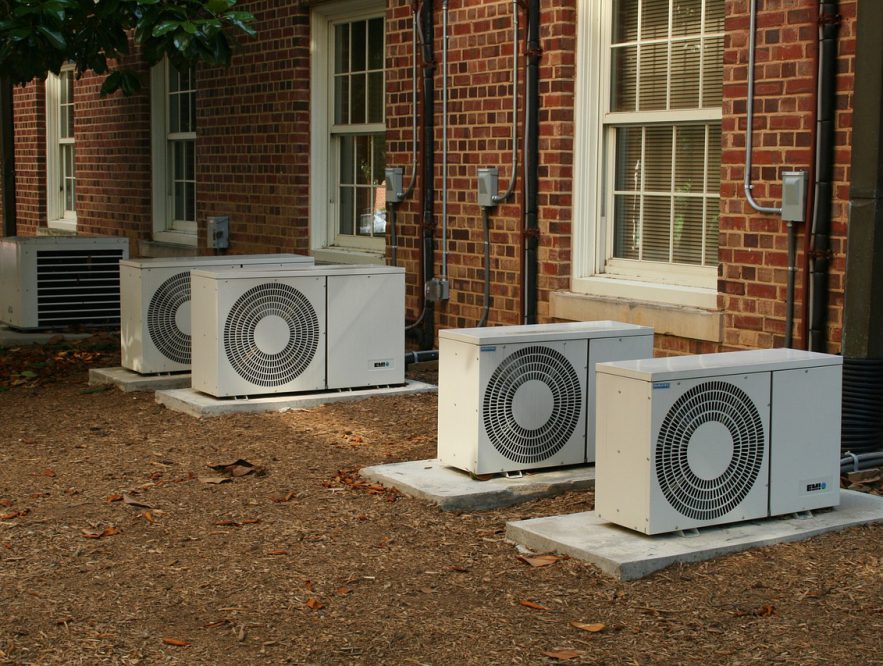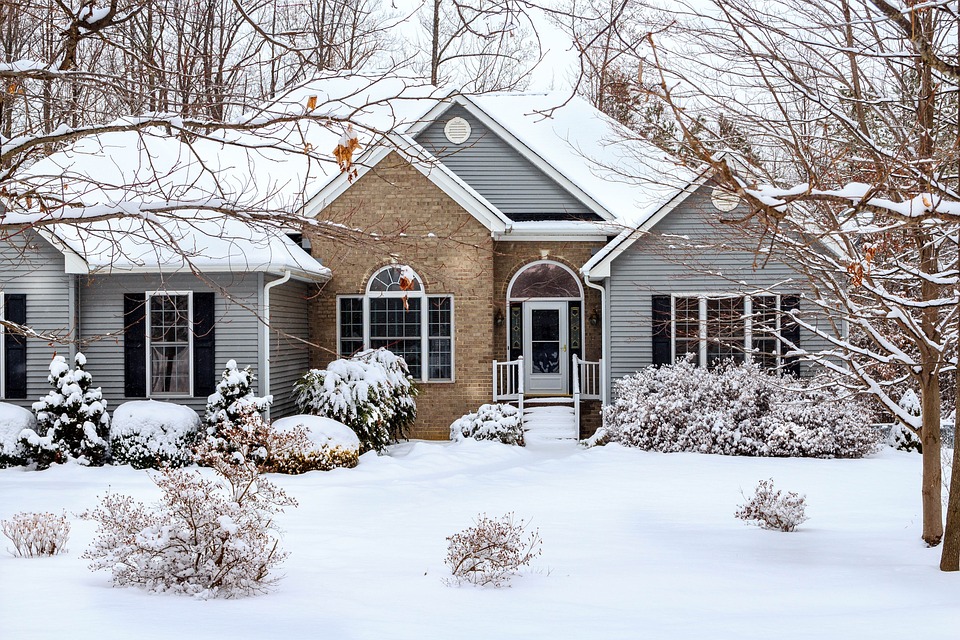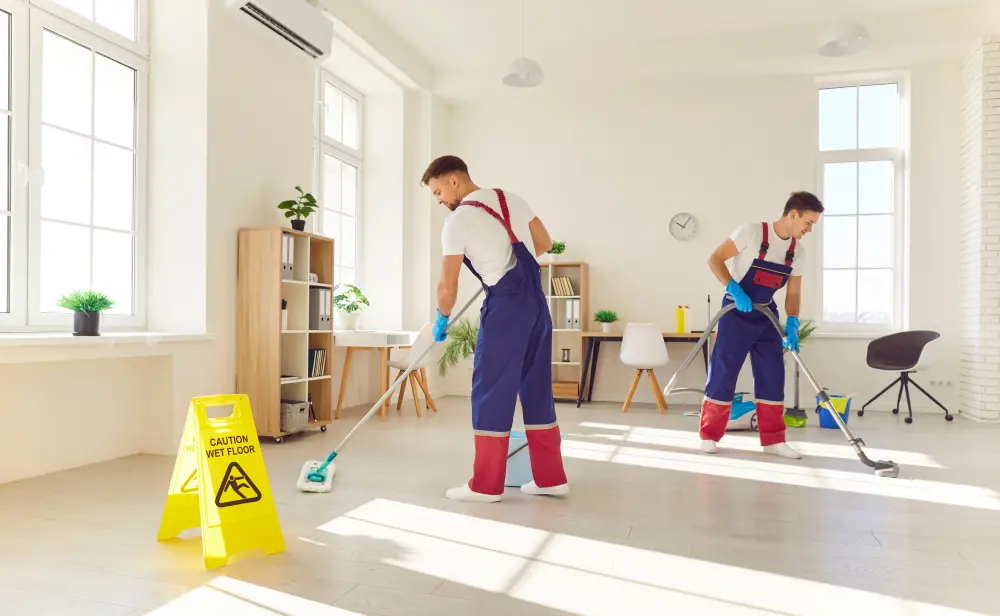
Domestic appliances can make a huge and positive impact in our life. By improving the convenience of our day to day activities, providing convenient heat and cooling at different times of the year, or by keeping food fresh, these appliances improve our quality of life on a daily basis.
However, it is important to understand how to maintain them and keep them in the best condition possible to avoid the possibility of expensive repair and maintenance bills.
This article is about the important role that air conditioner repair knowledge and understanding plays in keeping this appliance in tip top shape, how to get the most out of them with regular maintenance and where to go if you need help, as well as what help you may need.
Understanding Air Conditioning
The first stage of understanding air conditioner repair is understanding the type of air conditioning system that you have.
There are three main types of air conditioning unit:
- Window air conditioning – this involves a unit that is kept by or connected to the window. These units can provide quick and effective air conditioning and cooling for a single room. They are quite cheap units, but usually only suitable for a small space.
- Central air conditioning – this is the most common air conditioning type. In a central air conditioning unit, air is brought in from outside and circulates around the property through installed supply and return ducts. The advantage of a central system is that it can control the air conditioning in a whole home. However, as it is a more complex system it requires more maintenance.
- Ductless Air Conditioner – this system, as it suggests, does not use ducts, and has a number of smaller, split, air conditioning systems that are controlled by a thermostat. The advantage of this system is that different parts of a property can often be cooled to different requirements, meaning that the needs of different people can be kept in mind.
Air Conditioning Repair Needs
Most air conditioning systems will need occasional maintenance or repair from an HVAC (Heating, Ventilation & Air Conditioning) engineer. There are also some repair and maintenance tasks that can be undertaken by homeowners, but it is important to know which tasks can be undertaken by homeowners and which must be undertaken by a qualified and experience professional.
Having a basic knowledge of air conditioner repair can save you money on unnecessary engineer callouts.
Common Air Conditioning Repair Tasks
If you have an air conditioning unit that connects to the outside, it is advisable to regularly check it for dust, dirt or any obstructions. The air conditioning unit depends on a clean and clear flow of air between the outside and inside of the house, so it is important to regularly check for problems in this area. This will often involve checking the condenser coils, which can be cleaned, although depending on the system these may be awkward to reach and may require a professional who is skilled in dismantling the system and putting it back together after inspection
Air filters operate by removing pollen and other pollutants from the air that is being brought into the house, whichever air conditioning system is being used. Filters should be regularly checked every few months, and if necessary replaced. This is often a job that could be done by homeowners, but once again would depend on how accessible the filters are. If filters cannot be replaced, they can usually be cleaned.
For central air conditioning systems in particular, it is also important to regularly check the vents and ducts. The correct operation of the vents and ducts is a vital part of maintaining the smooth flow of air through the system. Vents and ducts can become obstructed by dust, dirt and other various items of debris. The larger the ducts the greater potential for large objects to get trapped in there and cause an obstruction.
HVAC engineers will have special tools and equipment for examining the hard-to-reach areas of ducts, for example between walls of rooms, but a simple inspection of where the ducts and vents open out into a room can easily be undertaken by any homeowner or HVAC system owner.
There are a range of other, more complex, tasks that quite often cannot be easily repaired by homeowners and will require the services and skill of an HVAC engineer. These are usually the tasks involving more complex technological parts, or where the installation of spare parts may be required.
Common examples of such parts commonly include:
- Fuses
- Circuit boards
- Capacitors
- Blowers & fans
- Pumps & motors
As you see, most of these involve electrical installation and repair, and it is usually safer to have a professional to repair and install these components, whereas simple maintenance checks can often be done by the appliance owner instead.
Hints & Tips
Air conditioner repair and maintenance is best done on a regular basis as part of a plan. If a new air conditioner system has been installed, then the engineer who installed it may provide regular maintenance.
Quite often the best people to maintain and repair a system are the people who installed it.
When looking for an air conditioning repair engineers, it can often also be best to look for an engineer who is specialised in the specific manufacturer and the type of system, and not just someone who is a good general engineer. A specialist in a particular system may have a greater awareness of the ins and outs of that particular system.
Conclusion
Owners of an air conditioning system should know what type of system they have, as well as the requirements for repair and maintenance.
Owners can save money by understanding what regular maintenance tasks they can undertake themselves in order to keep the system running smoothly. They should also understand what tasks need to be undertaken by a skilled and experience HVAC engineer.
Loading recommendations…







